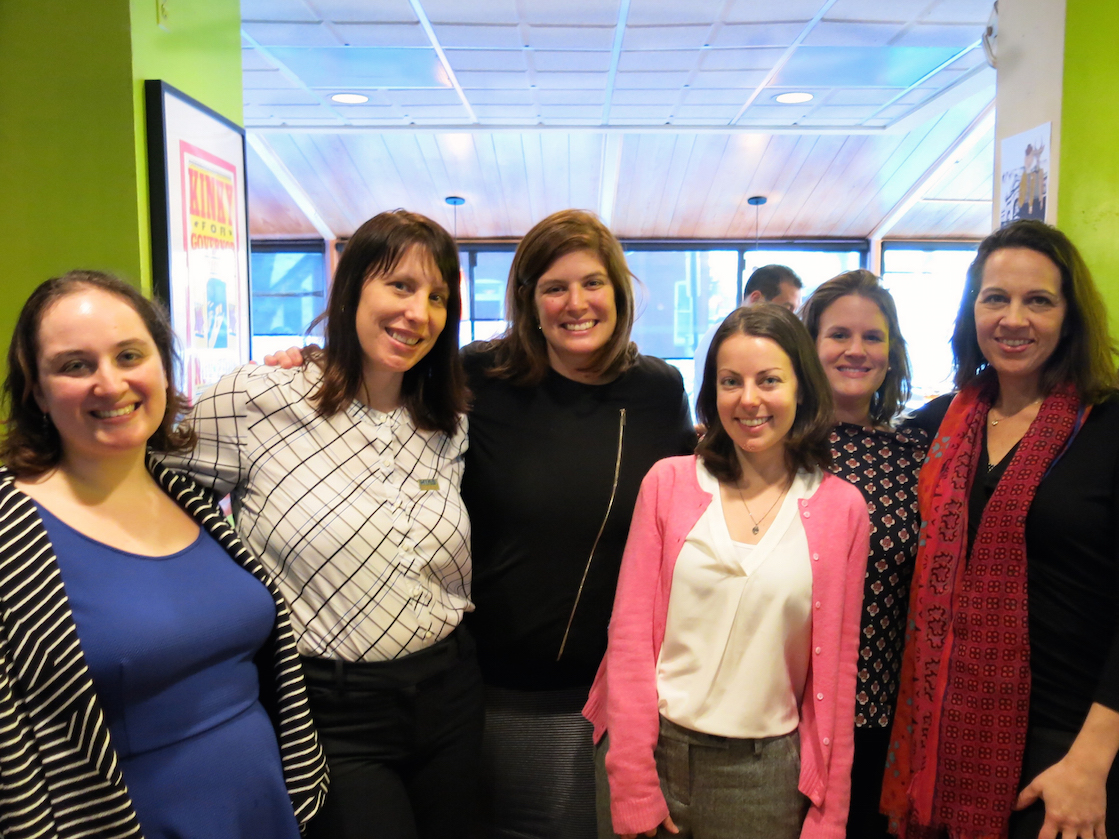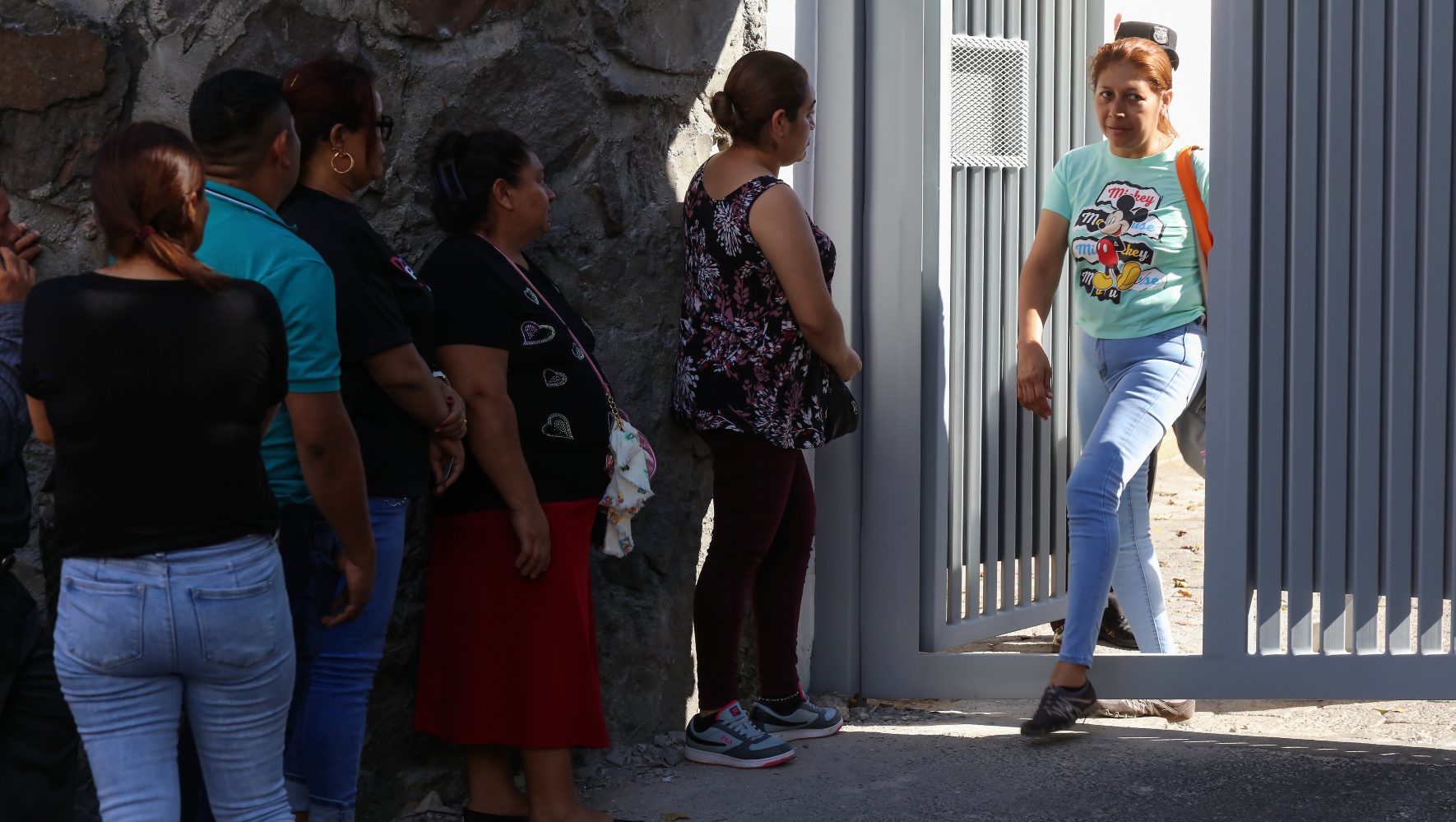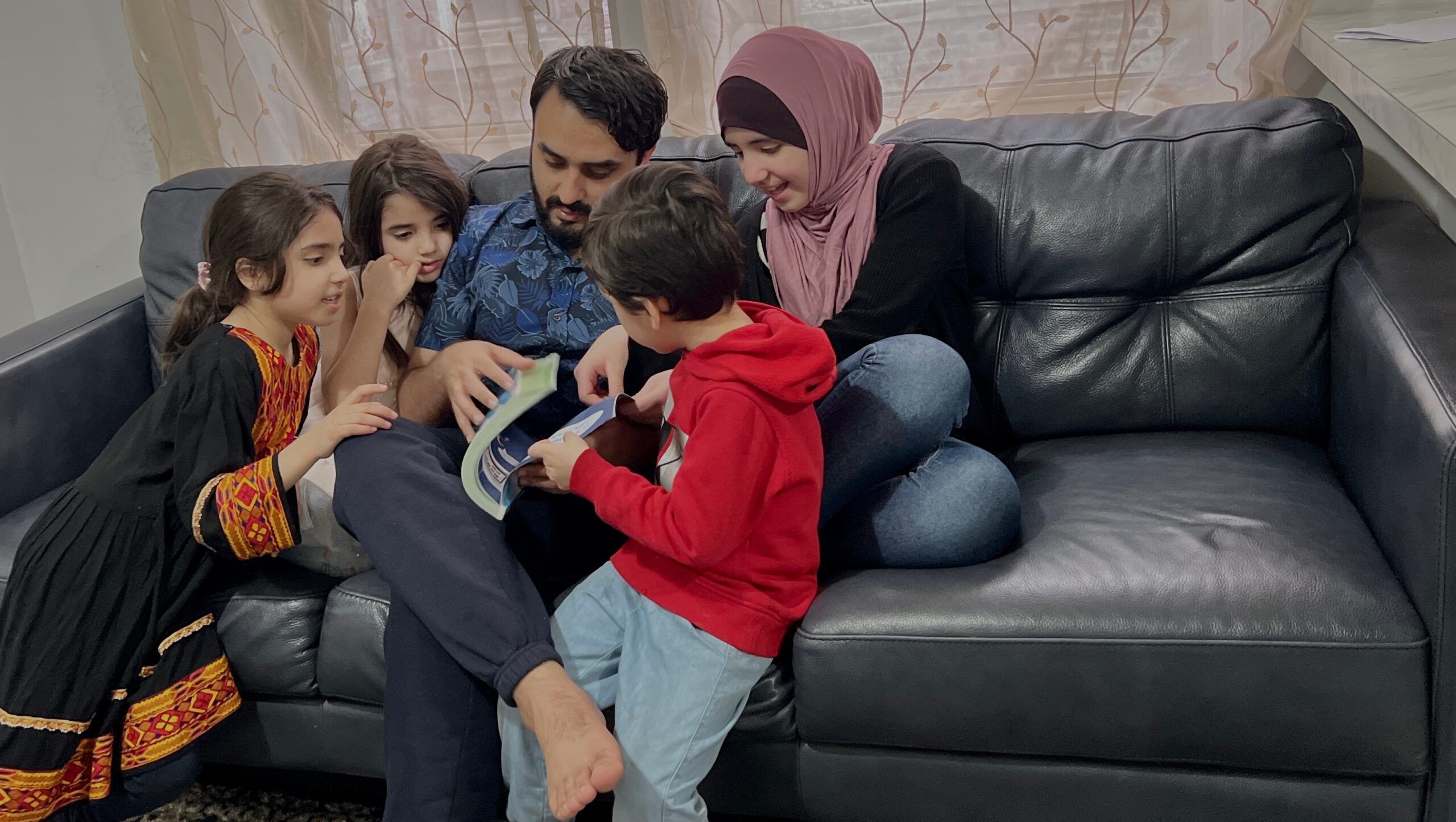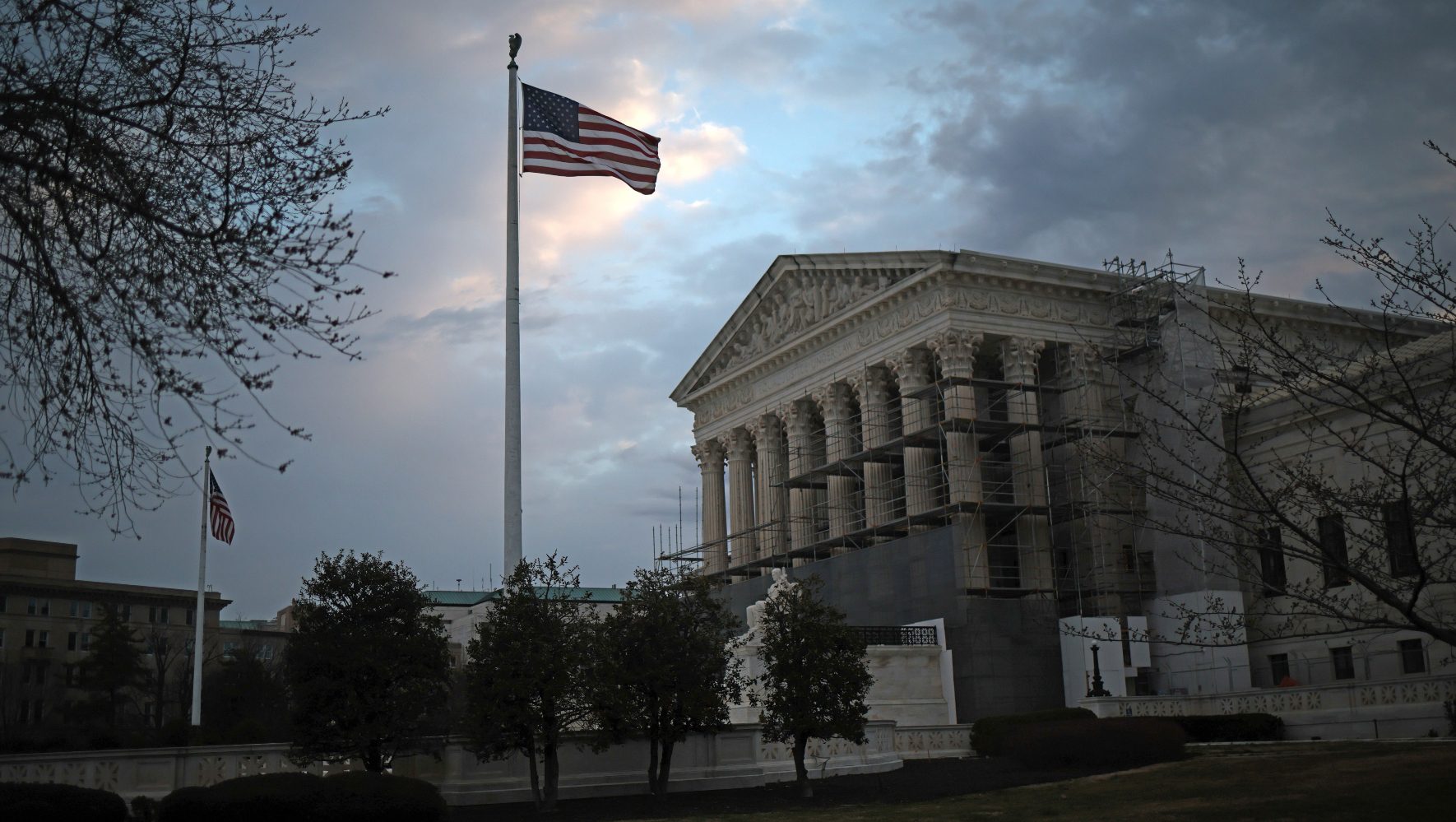Refugee Coalition Heads to Capitol Hill
By Rachel Nusbaum, HIAS.org
Feb 18, 2016

HIAS staff assembled on Capitol Hill in Washington, D.C. for a day of advocacy. February 18, 2016.
(HIAS)
Today, instead of heading to the HIAS offices, I flagged down a cab and asked him to take me somewhere different. Capitol Hill, please. Senate side.
These are familiar directions to a taxi driver in Washington, D.C. Congress makes critical decisions about public policy, and advocates often try to weigh in to help our elected representatives (and their staff) make the best, most informed choices possible.
I am on Capitol Hill right now along with not only other HIAS staff but with representatives from many of the top NGOs working on refugee issues. We're here, pounding the pavement and filling the halls of the various House and Senate office buildings, for two days of intense advocacy organized by Refugee Council USA, a coalition of 20 U.S.-based refugee protection NGOs.
The goal of these meetings is simple: to provide information about the United States' role in saving refugee lives through resettlement, explain a bit more about how the process works, and highlight the many contributions that refugees make to our country. With 60 million people worldwide displaced from their homes by conflict and persecution, the question of what the U.S. can do to respond to the crisis is a timely one.
The United States has been a leader in the refugee protection and resettlement for decades, and what we are emphasizing to Congressional staff today is how important that leadership is. Simply put, this is a humanitarian program that saves lives. It has a long and proud history of bipartisan support.
Why is resettlement so important? Most refugees will remain in the country to which they first fled, until they are able to return to their home country. Only a very small number, about one percent, will be resettled to a third country. This small group is made up of the most vulnerable refugees, those who remain at risk even after fleeing their home country. This includes unaccompanied children, survivors of torture, LGBT refugees and people requiring medical attention not available to them in their host country. With so few resettlement spots and so many refugees, however, the need for resettlement far exceeds current availability. Many of the most vulnerable are still waiting.
We’ve had great discussions with staff today about the conflicts driving the global refugee crisis, about the intensive and thorough screening process that refugees undergo before they come to the U.S., and about the role that organizations like HIAS play in welcoming refugees to their new communities. But the most important question I’ve gotten is also the simplest: what can we do to help?
It’s a question I hope our leaders will keep asking, because each dollar appropriated and each family offered the life-saving chance to rebuild their lives in freedom and safety is an important expression of American values.
Want to ask your Member of Congress and Senators what they are doing to help? Click here to find contact information for your representatives.


